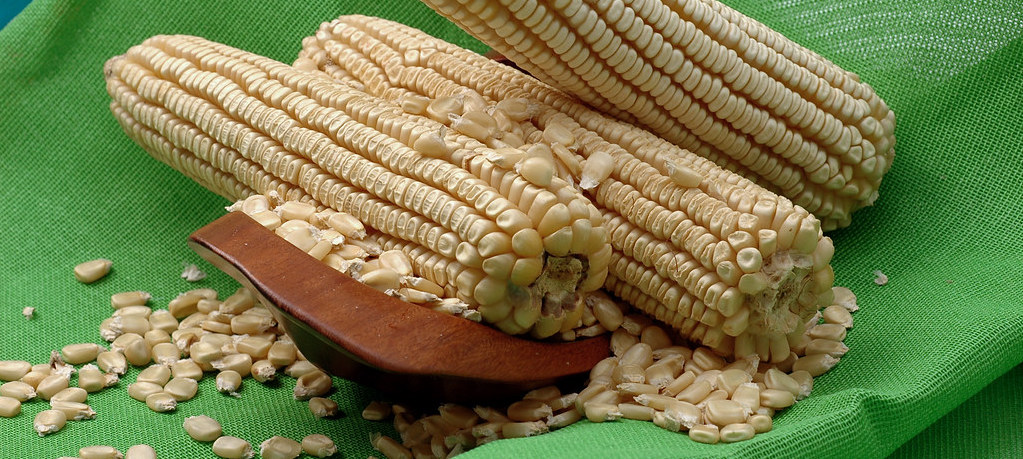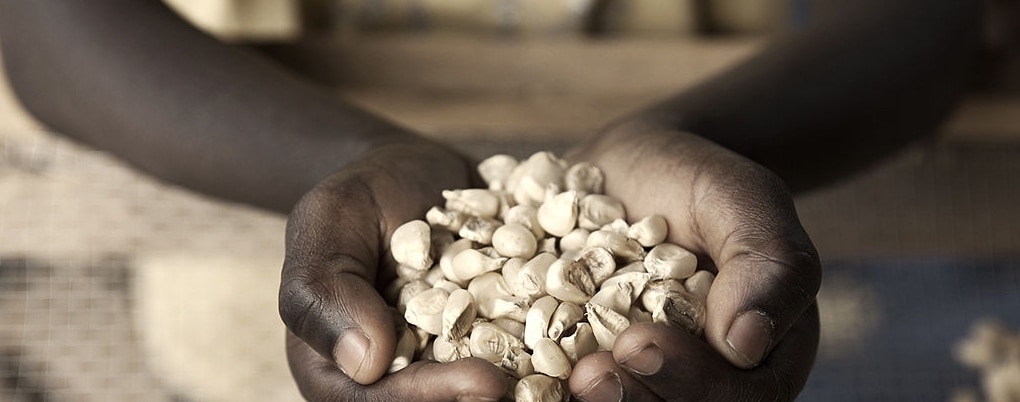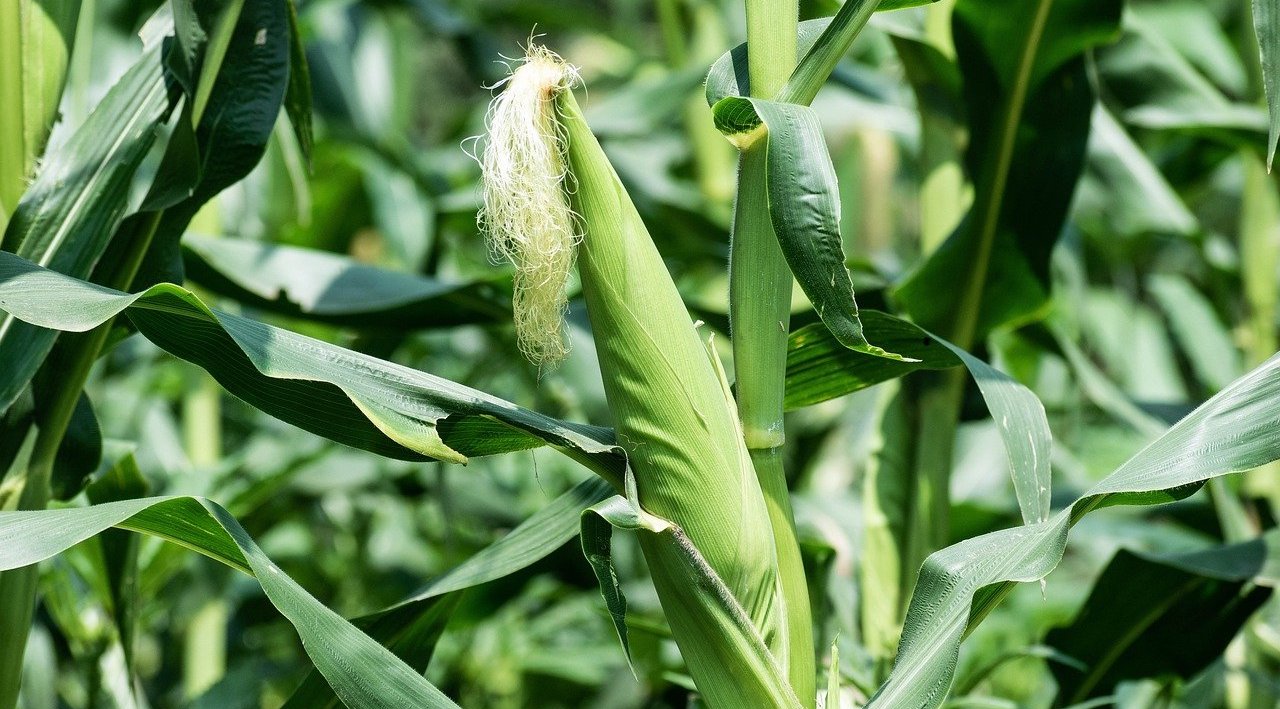For many years, Silas Muchiri had little to show for his efforts as a small-scale maize farmer in Mbeere South sub-County in Embu. He was always in the red as his production costs exceeded profits.
At the same time, the 52-year-old and his wife Veronica were struggling to make ends meet and could barely afford school fees for their two children.
When the AGRA-funded Regenerative Agriculture Project implemented by Farm Africa came calling to recruit village-based advisors (VBAs) in Silas’ village, he jumped at the opportunity and has never looked back.
Regenerative agriculture is a system of farming principles that takes a holistic approach to the agro-ecosystem, seeking to rehabilitate and enhance it by placing a premium in soil health with attention paid to water management, fertilizer use and crop rotation among other beneficial practices.
After setting up demonstration plots on his farm, Silas’ neighbors started stopping by to enquire after the healthy crop of maize and beans. This was his opportunity to train them on how to adopt regenerative agriculture with a focus on revitalizing soil fertility in order to increase production.
“In my role as a VBA, I have been offering services that are in demand like the control of pests and diseases through chemical spraying, for which I charge Ksh 700 per acre,” he explains. “I made Ksh 30,000. – within the first three months of starting.
The project also linked VBAs like Silas to input suppliers who supplied them with small pack samples that were used in setting up the demonstration plots. This opened up an opportunity for him with Agriculture and Climate Risk Enterprise Ltd. (Acre) Africa to monitor soybean production, which earned him Ksh 60,000. –
“Our financial situation has greatly improved,” says his wife Veronica. “We have enough food and can afford to take our children through school comfortably.”
The training encourages farmers to diversify their production in order to have multiple income streams. Silas and Veronica planted kales, spinach and capsicum for the market and for the family’s consumption.
“I recently sold capsicum worth Ksh 10,000. -,” he beams. “We also earn a daily income from selling kales and spinach to our neighbors and we are looking for more buyers to off-take the vegetables.”
His greatest joy as a VBA comes from farmers reaping the benefits implementing regenerative agriculture. However, on the one hand, neither they nor Silas are immune to the challenges of climate change, such as erratic rainfall patterns that affect crop production. On the other hand, regenerative agriculture still holds the key to increasing food security for smallholder farmers as well as mitigating the effects of climate change.






